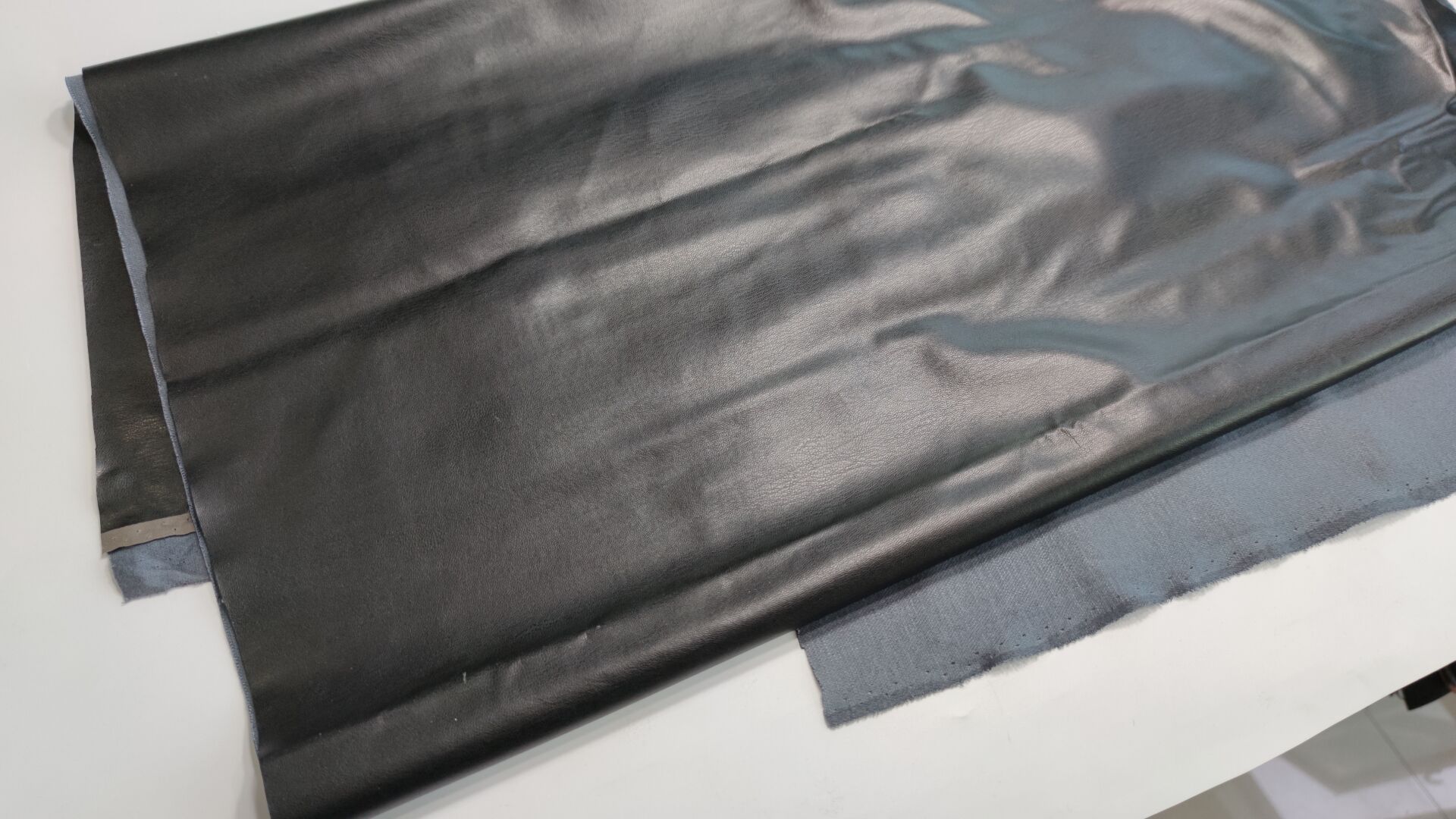1. What is bio-based fiber?
● Bio-based fibers refer to fibers made from living organisms themselves or their extracts. For example, polylactic acid fiber (PLA fiber) is made of starch-containing agricultural products such as corn, wheat, and sugar beet, and alginate fiber is made of brown algae.
● This kind of bio-based fiber is not only green and environmentally friendly, but also has excellent performance and greater added value. For example, the mechanical properties, biodegradability, wearability, non-flammability, skin-friendly, antibacterial, and moisture-wicking properties of PLA fibers are not inferior to those of traditional fibers. Alginate fiber is a high-quality raw material for the production of highly hygroscopic medical dressings, so it has special application value in the medical and health field.
2. Why test products for biobased content?
As consumers increasingly favor environmentally friendly, safe, bio-sourced green products. The demand for bio-based fibers in the textile market is increasing day by day, and it is imperative to develop products that use a high proportion of bio-based materials to seize the first-mover advantage in the market. Bio-based products require the bio-based content of the product whether it is in the research and development, quality control or sales stages. Biobased testing can help manufacturers, distributors or sellers:
● Product R&D: Bio-based testing is carried out in the process of bio-based product development, which can clarify the bio-based content in the product to facilitate improvement;
● Quality control: In the production process of bio-based products, bio-based tests can be carried out on the supplied raw materials to strictly control the quality of product raw materials;
● Promotion and marketing: Bio-based content will be a very good marketing tool, which can help products gain consumer trust and seize market opportunities.
3. How can I identify the biobased content in a product? – Carbon 14 test.
Carbon-14 testing can effectively differentiate bio-based and petrochemical-derived components in a product. Because modern organisms contain carbon 14 in the same amount as the carbon 14 in the atmosphere, while petrochemical raw materials do not contain any carbon 14.
If the bio-based test result of a product is 100% bio-based carbon content, it means that the product is 100% bio-sourced; if the test result of a product is 0%, it means that the product is all petrochemical; if the test result is 50%, It means that 50% of the product is of biological origin and 50% of the carbon is of petrochemical origin.
Test standards for textiles include American standard ASTM D6866, European standard EN 16640, etc.
Post time: Jan-08-2022


